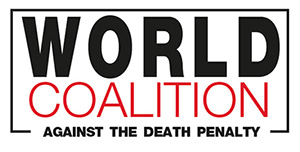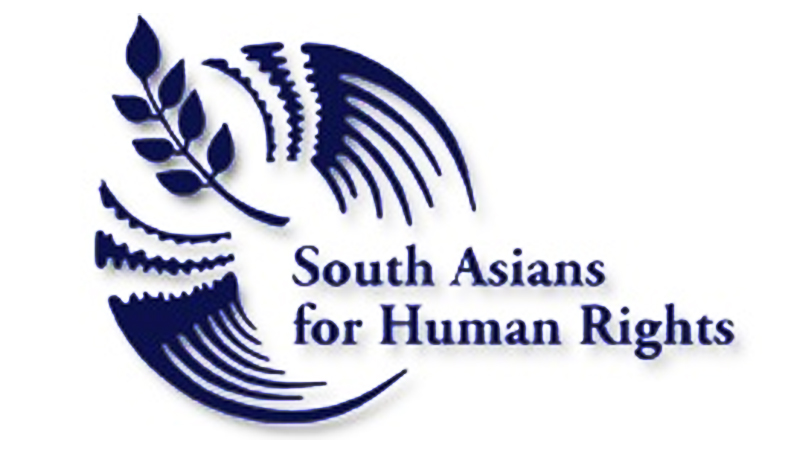Morocco: Between Round-ups and Regulations Report on a Vacillating Migration Policy
After a bumpy beginning, marked by inconsistent processing of applications by different services and strict qualifying criteria, about 18,000 persons of at least one hundred different nationalities (out of more than 27,000 applications) have benefited from the policy. The establishment of an appeals board, the Commission de suivi et de recours, in June 2014, was a turning point in the operation, particularly with the regularisation of the status of 5,060 women, as well as that of leaders of migrants’ rights organisations. These persons received a one-year residency card which, according to a February 2015 government announcement, will be renewed automatically when it expires. “We therefore call on the government to regularise the status of the almost 9,000 other people who filed their applications before the deadline,” stated Hicham Rachidi, Secretary General of GADEM.
On 9 February 2015, the Minister of the Interior announced the end of the “special programme,” but many questions remain unanswered. What will happen to the people who applied for residency papers before the deadline but whose papers had not yet been processed at the time of the announcement? Regarding the appeals procedure, the work of the Commission nationale de suivi et de recours has been on hold since July 2014. Will it be authorised to continue processing the applications that initially rejected by the lower court (première instance)?
There are many worrying signs that the Moroccan migration policy is reverting back to a security-centeredapproach. The end of the regularisation operation was marked bythearrest and detention of a massive numbers of migrants, particularly in the Gourougou forest, which borders the city of Melilla. According to investigations conducted by GADEM and the Moroccan Collective of Sub-Saharan Communities (Collectif des communautés subsahariennes au Maroc, CCSM), the 800 detainees includeminors, asylum seekers, one pregnant woman, and people who applied for regularisation on time but did not get a reply from the lower court.
At the same time, Morocco and the E.U. have re-started negotiations to reach an agreement on migrant readmission. The agreement will make it easier to forcibly return undocumented migrants of Moroccan nationality or who transited through Morocco. Spain already adopted a law in December 2014 authorising police and the Civil Guard to return migrants who have crossed the border illegally at Ceuta and Melilla to the Moroccan border. This constitutes aviolation of international law, namely the right to obtain asylum and the principal of non-refoulement. “Morocco must stop trying to act as if it is the policeman of Europe and put anend to its security-oriented approach to migration. WIts policies make the integration of migrants into society more difficult rather than making it easier,” underscored Amina Bouayach, Secretary General of FIDH. “Efforts must be focused on implementing the strategy for integrating migrants and refugees,” she concluded.
-END-
Press contacts:
Arthur Manet (French, English, Spanish) – Tel: +33 6 72 28 42 94 (Paris) – press@fidh.org
Lucie Kroening (French, English, German, Arabic) – Tel: +33 6 48 05 91 57 (Paris) – press@fidh.org
No virus found in this message.
Checked by AVG – www.avg.com
Version: 2012.0.2250 / Virus Database: 4311/8914 – Release Date: 03/30/15
Category: Media Monitoring






